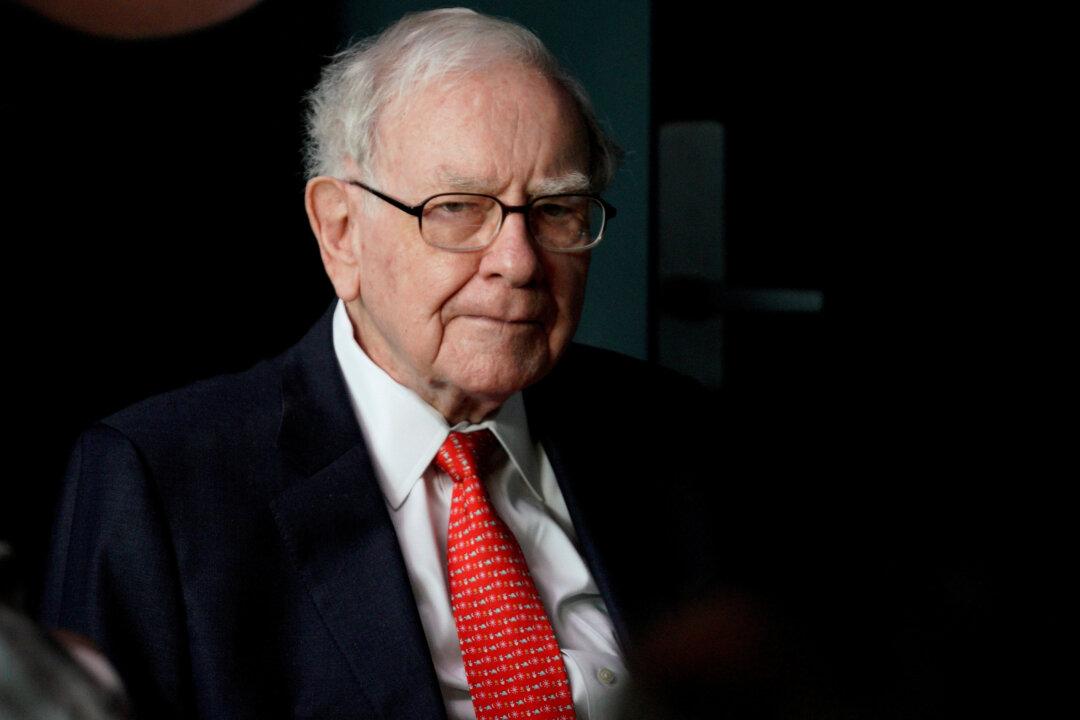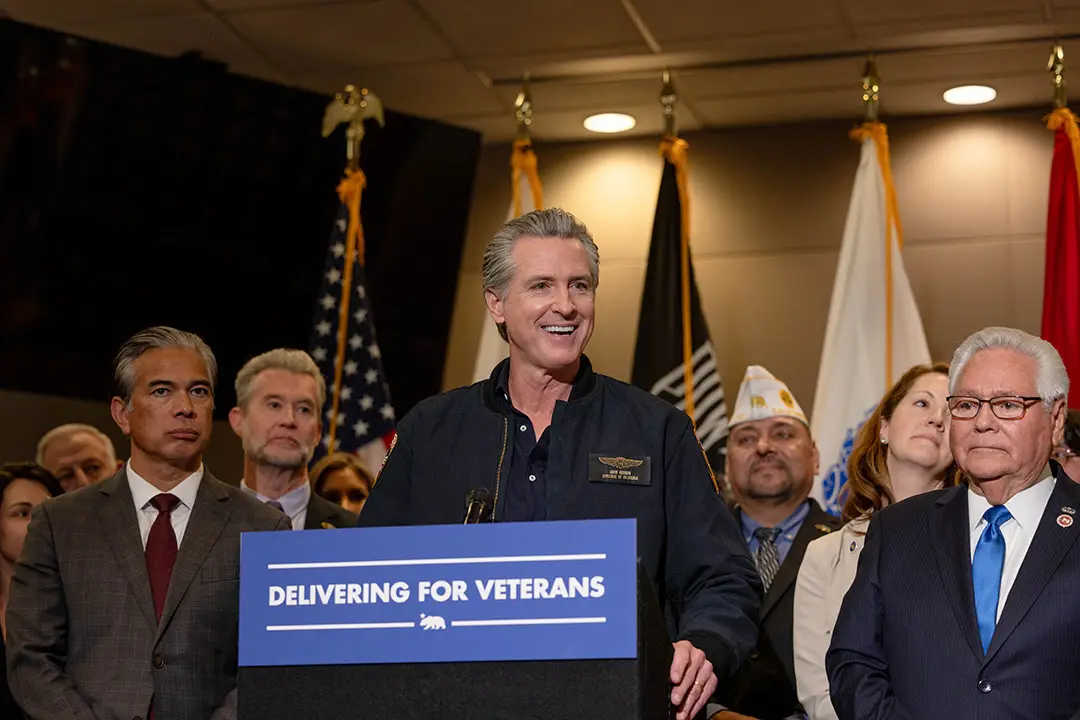Berkshire Hathaway on April 4 apparently denied viral claims that its Chairman Warren Buffett had praised President Donald Trump’s economic strategy—including his newly announced global tariffs.
“There are reports currently circulating on social media (including Twitter, Facebook, and TikTok) regarding comments allegedly made by Warren E. Buffett,” Berkshire Hathaway said in a statement. “All such reports are false.”
The statement came hours after a post on Trump’s Truth Social account shared a video posted on X by a user named “AmericanPapaBear.”
“Trump is crashing the stock market by 20 percent this month, but he’s doing it on purpose. And this is why Warren Buffett just said Trump is making the best economic moves he’s seen in over 50 years,” the speaker says at the beginning of the video, attributing to Buffett without providing a source.
The speaker then said that the president is depressing the stock market to force cash into U.S. Treasurys and push the Federal Reserve to lower interest rates. He also said the tariffs are lowering grocery prices by reshoring production and boosting domestic food sales.Buffett, 94, has not personally commented. The company issued a sweeping rebuttal of any statements attributed to Buffett trending online, without naming the video shared by Trump. The statement was signed by longtime CFO and spokesperson, Marc D. Hamburg.
In past remarks, Buffett has expressed skepticism about similar policies. In March, he told CNBC in an interview that tariffs amount to “an act of war, to some degree.” He also said during Trump’s first term that a trade war would “be bad for the whole world” during another interview with the outlet in 2019.
The Trump administration on April 2 launched a sweeping new trade policy that imposes a 10 percent baseline tariff on all imported goods, with higher rates for countries deemed to have higher tariffs on U.S. goods or high trade barriers.
A 54 percent tariff is being applied to goods from China, while the European Union and Vietnam face levies of 20 percent and 46 percent, respectively. The White House has stated that the policy is a bid to reshore manufacturing, reduce trade deficits, and counter what it views as unfair foreign trade practices.
The tariffs, which are being implemented under the International Emergency Economic Powers Act, are a central part of what the administration has called the United States’s “economic independence” agenda. Officials have said the measures will protect American jobs and lower domestic prices. Critics have raised concerns about potential inflation, recession risks, and global retaliation.
Trump first previewed the plan in February and signed the executive order on April 2. The administration has said some nations will face steeper reciprocal tariffs unless they ease restrictions on U.S. goods.
Financial markets have reacted with volatility in recent days amid uncertainty about the long-term effects of the new tariff structure.
Andrew Moran contributed to this report.





